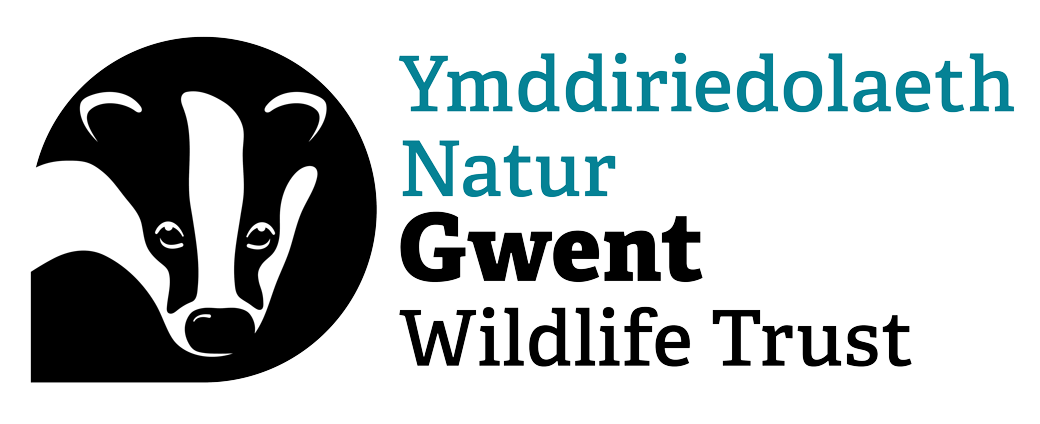Call for moratorium on major developments on Gwent Levels
Gwent Wildlife Trust (GWT) have joined with Friends of the Gwent Levels (FOGL), The Campaign for the Protection of Rural Wales (CPRW), the Royal Society for the Protection of Birds (RSPB) and the…
